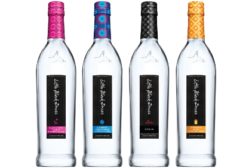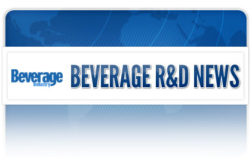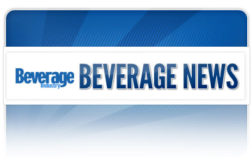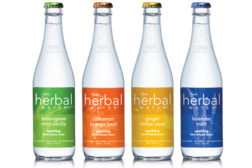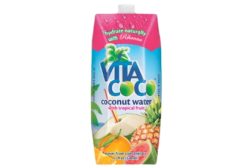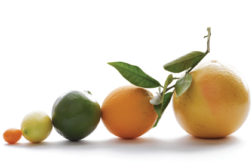Home » flavors
Articles Tagged with ''flavors''
Flavors on topsy, turvy path
Various twists on traditional trends spur innovation
September 12, 2011
Elevate your expertise in the beverage marketplace with unparalleled insights and connections.
Join thousands of beverage professionals today. Shouldn’t you know what they know?
JOIN NOW!Copyright ©2024. All Rights Reserved BNP Media.
Design, CMS, Hosting & Web Development :: ePublishing
